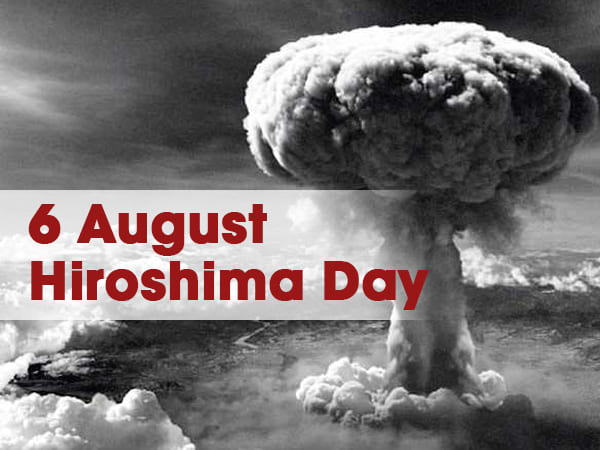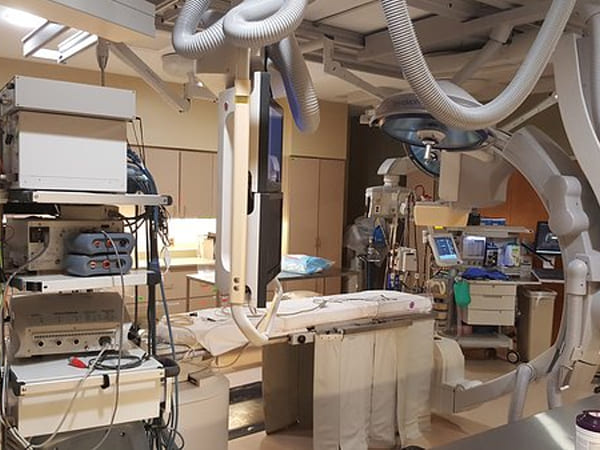Just In
- 5 hrs ago

- 5 hrs ago

- 9 hrs ago

- 10 hrs ago

Don't Miss
- Finance
 25% Dividend Record Date: Logistic Stock Nears 1-Year High And It Belongs To Mahindra; Motilal Neutral
25% Dividend Record Date: Logistic Stock Nears 1-Year High And It Belongs To Mahindra; Motilal Neutral - Sports
 IPL Points Table 2024 After Today's Match, CSK vs LSG On April 23: Check Indian Super League Standings And Results
IPL Points Table 2024 After Today's Match, CSK vs LSG On April 23: Check Indian Super League Standings And Results - News
 Why Was There No Indian Ambassador Or Embassy In Israel Until 1992? Questions S Jaishankar
Why Was There No Indian Ambassador Or Embassy In Israel Until 1992? Questions S Jaishankar - Education
 Telangana Inter Manabadi 1st and 2nd Year Results 2024 to be Declared Tomorrow
Telangana Inter Manabadi 1st and 2nd Year Results 2024 to be Declared Tomorrow - Movies
 Digangana Suryavanshi Gets Ready For Her Next Film 'Krishna From Brindavanam'- See Mahurat Pic
Digangana Suryavanshi Gets Ready For Her Next Film 'Krishna From Brindavanam'- See Mahurat Pic - Automobiles
 Chrysler Pacifica Marks Seven Years As Most Awarded Minivan With New Campaign
Chrysler Pacifica Marks Seven Years As Most Awarded Minivan With New Campaign - Technology
 Xiaomi Robot Vacuum Cleaner S10, Handheld Garment Steamer, and Redmi Buds 5A Launched in India
Xiaomi Robot Vacuum Cleaner S10, Handheld Garment Steamer, and Redmi Buds 5A Launched in India - Travel
Kurnool's Hidden Gems: A Guide To Exploring India's Lesser-Known Treasures
Hiroshima Day 2019: Radiation Effects On Humans And Protective Measures
On the fateful day of 6 August, 1945, the Japanese city of Hiroshima was almost wiped out by a lethal atomic bomb by the United States Army Air Forces (USAAF) during World War II. This was the first time the world had witnessed a nuclear explosion.

The nuclear weapon aka uranium bomb named 'little boy' was detonated on Hiroshima at 8:15 am, directly killing 70,000 people. Within 3 days of this blast, another nuclear weapon demolished the city of Nagasaki. To commemorate the lives lost in this atomic explosion, Hiroshima day is observed on 6 August every year as a sign of respect to the victims of Hiroshima.
In the aftermath of the Hiroshima blast, an approximated 90,000-166,000 people succumbed to death due to nuclear radiation effects by the end of 1945, along with increased rates of cancer and chronic diseases among the survivors. Not only the dwellers of Hiroshima and Nagsaki, some of those who entered the cities to provide assistance also lost their lives. Hiroshima peace memorial was built in remembrance of the ones who died in this incident from radiation waves.
Exposure to high levels of radiation, can cause some severe health issues. Read on to find out effects of radiation on human health and some protective measures to take against radiation.
Sources Of Radiation
Natural radiation comes from various sources. There are 60 naturally radio-active materials found in soil, water and air. Radon, a natural gas that originates from rock and soil, is considered to be the primary source of natural radiation. The most common source of radiation is ionizing radiation, which is used in medical devices, including X-ray machines. Radiation is used to generate electricity, in food processing to make it last longer, to sterilize equipment etc. They have widespread utilization in carbon dating as well. People are also exposed to background radiations that occur from cosmic rays, especially in high altitude.
Daily activities that expose people to sources of radiation, include
- watching television,
- travelling in aeroplane,
- passing through a security scanner, and
- using microwave oven or cell phone.

Radiation Effects On Human Health
Though ionised radiation benefits the medical industry, agriculture and research based studies, it also results in severe side effects. High level of radiation results into acute radiation syndrome or 'radiation sickness', which one of the most lethal impacts of radiations. It can cause symptoms such as skin burn, eventually leading to cancer and cardiovascular diseases. Lower level of exposure doesn't cause immediate health effects, however, it might gradually contribute to the overall risk of developing cancer.
Protective Measures
Once
the
cells
are
damaged
with
radiation,
it
is
irreversible.
Cells
do
not
repair
themselves
naturally.
There
are
few
steps
that
you
should
follow
in
case
affected
with
high
levels
of
radiation,
such
as:
- Remove your clothes immediately
- Rinse the area with water and soap
- Seek medical advice at the earliest
Doctors might use potasium iodide (KI) to block thyroid uptake if the patient inhales a great amount of radioactive iodine or radioiodine (RAI, also called I-131). Prussian blue, used in capsules, can also help trap cesium and thallium in the intestines and prevent them from being absorbed.
However, it is always recommended to limit your exposure to radiation by taking the following preventive measures.
- Avoid going out in the sun during midday. Make sure to use sunscreen and cover parts of your skin properly with clothes.
- Keep your children away from x-ray machines as much as possible.
- If you are pregnant or lactating, inform your doctor before going for an x-ray, CT scan or PET.
-
 disorders cureSarcoma Awareness Month 2021: What Is Sarcoma? Symptoms, Causes, Risk Factors And Treatment
disorders cureSarcoma Awareness Month 2021: What Is Sarcoma? Symptoms, Causes, Risk Factors And Treatment -
 healthWorld Radiography Day: Types, Purpose And Procedure Of X-ray Imaging
healthWorld Radiography Day: Types, Purpose And Procedure Of X-ray Imaging -
 wellnessMango May Help Protect You From Ultraviolet (UV) Radiation
wellnessMango May Help Protect You From Ultraviolet (UV) Radiation -
 wellnessThermography: Procedure, Benefits & Risks
wellnessThermography: Procedure, Benefits & Risks -
 wellnessSmoking, Obesity More Harmful Than Low-level Radiation: Study
wellnessSmoking, Obesity More Harmful Than Low-level Radiation: Study -
 wellnessWhy Indians Do Not Consume Food During An Eclipse
wellnessWhy Indians Do Not Consume Food During An Eclipse -
 nutritionNutrient-Rich Food To Be Consumed By Cancer Patients Undergoing Chemo & Radiation
nutritionNutrient-Rich Food To Be Consumed By Cancer Patients Undergoing Chemo & Radiation -
 wellnessIs Wi-Fi Slowly Killing Us? Read To Find Out
wellnessIs Wi-Fi Slowly Killing Us? Read To Find Out -
 wellnessPrecautions To Reduce Cell Phone Radiation Exposure
wellnessPrecautions To Reduce Cell Phone Radiation Exposure -
 wellnessHow Do Mobile Phones Affect Our Brain?
wellnessHow Do Mobile Phones Affect Our Brain? -
 disorders cureMesothelioma: The Most Dangerous Cancer To Grip Your Breath!
disorders cureMesothelioma: The Most Dangerous Cancer To Grip Your Breath! -
 insyncMobile phones fatal than smoking
insyncMobile phones fatal than smoking


 Click it and Unblock the Notifications
Click it and Unblock the Notifications



